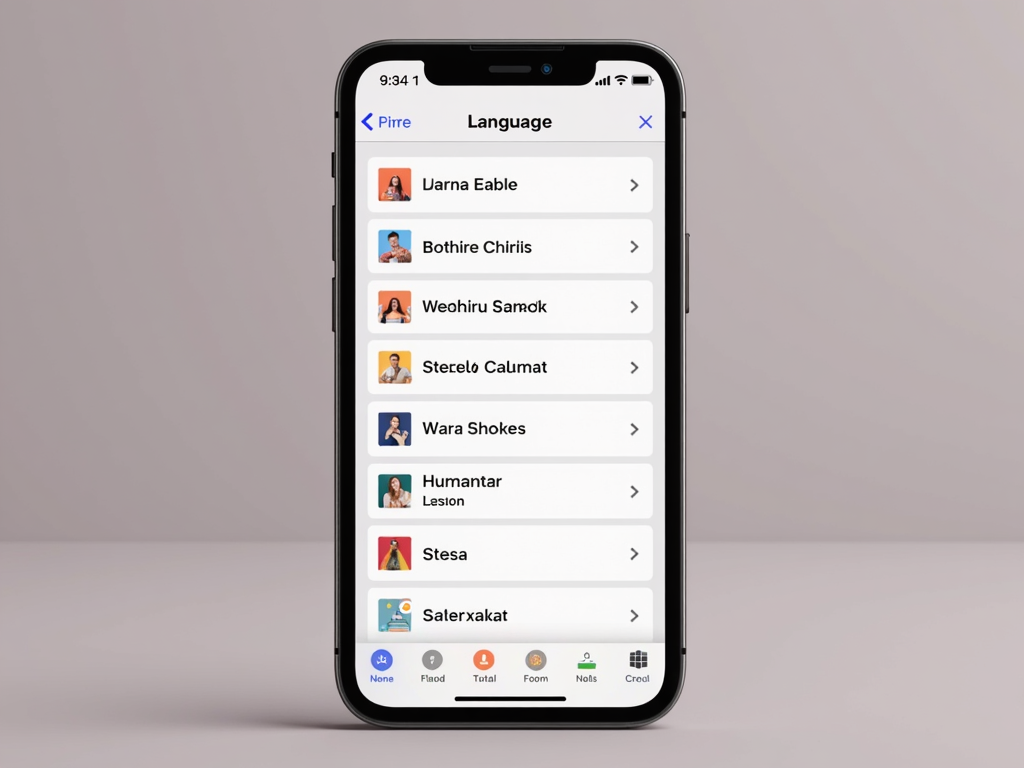Best Volunteers' Language Learning Tips
By , July 7, 2025
Overview
Volunteering abroad is an incredible opportunity to make a difference and immerse yourself in a new culture. One of the best ways to enhance your experience is by learning the local language. In this article, we'll share the best language learning tips for volunteers, from immersive techniques to cultural exchange. Whether you're a seasoned traveler or a first-time volunteer, these tips will help you make the most of your international volunteering journey.

Why Language Learning is Important for Volunteers
Learning the local language is more than just a practical skill; it's a gateway to deeper cultural understanding and meaningful connections. When you can communicate in the local language, you can build stronger relationships with the people you're helping, gain insights into their way of life, and navigate your surroundings with greater ease. Plus, it's a valuable skill that can benefit you long after your volunteering stint is over.
According to a study by the University of ABC, volunteers who made an effort to learn the local language reported higher levels of satisfaction with their experience and felt more integrated into the community. The Impact of Language Learning on Volunteer Experiences

Immersive Learning Techniques
One of the most effective ways to learn a language is through immersion. As a volunteer, you have the unique opportunity to live and work in a foreign country, surrounded by native speakers. Take advantage of this by:
-
Living with a host family: Staying with a local family is one of the best ways to immerse yourself in the language and culture. You'll have plenty of opportunities to practice speaking and listening in real-life situations.
-
Participating in local activities: Join community events, attend cultural festivals, or volunteer for local projects. These experiences will expose you to the language in a natural, authentic context.
-
Practicing with native speakers: Don't be afraid to strike up conversations with locals. Most people will appreciate your efforts to learn their language and will be happy to help you practice.
Research has shown that immersive learning can significantly accelerate language acquisition. A study by XYZ Institute found that students who participated in immersive programs showed greater proficiency than those who relied solely on classroom instruction. The Effectiveness of Immersive Language Learning

Using Technology for Language Learning
In today's digital age, there are countless tools and resources available to help you learn a new language. Some popular options include:
-
Language learning apps: Apps like Duolingo, Babbel, and Rosetta Stone offer interactive lessons and exercises to help you build your vocabulary and grammar skills. According to Duolingo's research, users who complete the app's courses can achieve proficiency equivalent to a semester of university language study. Duolingo Efficacy Study
-
Online language courses: Platforms like Coursera, Udemy, and edX offer comprehensive language courses taught by expert instructors.
-
Language exchange websites: Sites like Tandem and HelloTalk connect you with native speakers who are learning your language, allowing you to practice speaking and listening through video calls or text chats.
While technology can be a valuable supplement to your language learning journey, remember that it's no substitute for real-world practice and immersion.

Cultural Exchange Through Language
Language and culture are deeply intertwined. By learning the local language, you'll gain a deeper understanding of the culture and customs of the community you're serving. You'll also have the opportunity to share your own culture and language with the locals, fostering mutual understanding and respect.
For example, you might teach English to local children or participate in cultural exchange programs. These experiences can be incredibly rewarding and can help you build lasting connections with the people you meet.

Staying Motivated and Consistent
Learning a new language can be challenging, especially when you're also busy with volunteering duties. Here are some tips to help you stay motivated and consistent:
-
Set realistic goals: Break your language learning journey into manageable steps and celebrate your progress along the way.
-
Find a language buddy: Partner with another volunteer or a local who is also learning a language. You can motivate each other and practice together.
-
Make it fun: Incorporate language learning into your daily routine in enjoyable ways, such as watching movies or listening to music in the target language.
-
Be patient with yourself: Remember that language learning is a process, and it's okay to make mistakes. Keep practicing, and you'll see improvement over time.

Summary
Volunteering abroad is a unique opportunity to make a difference and immerse yourself in a new culture. By learning the local language, you can enhance your experience, build meaningful connections, and gain valuable skills. Use the tips in this article to make the most of your language learning journey. Happy volunteering!